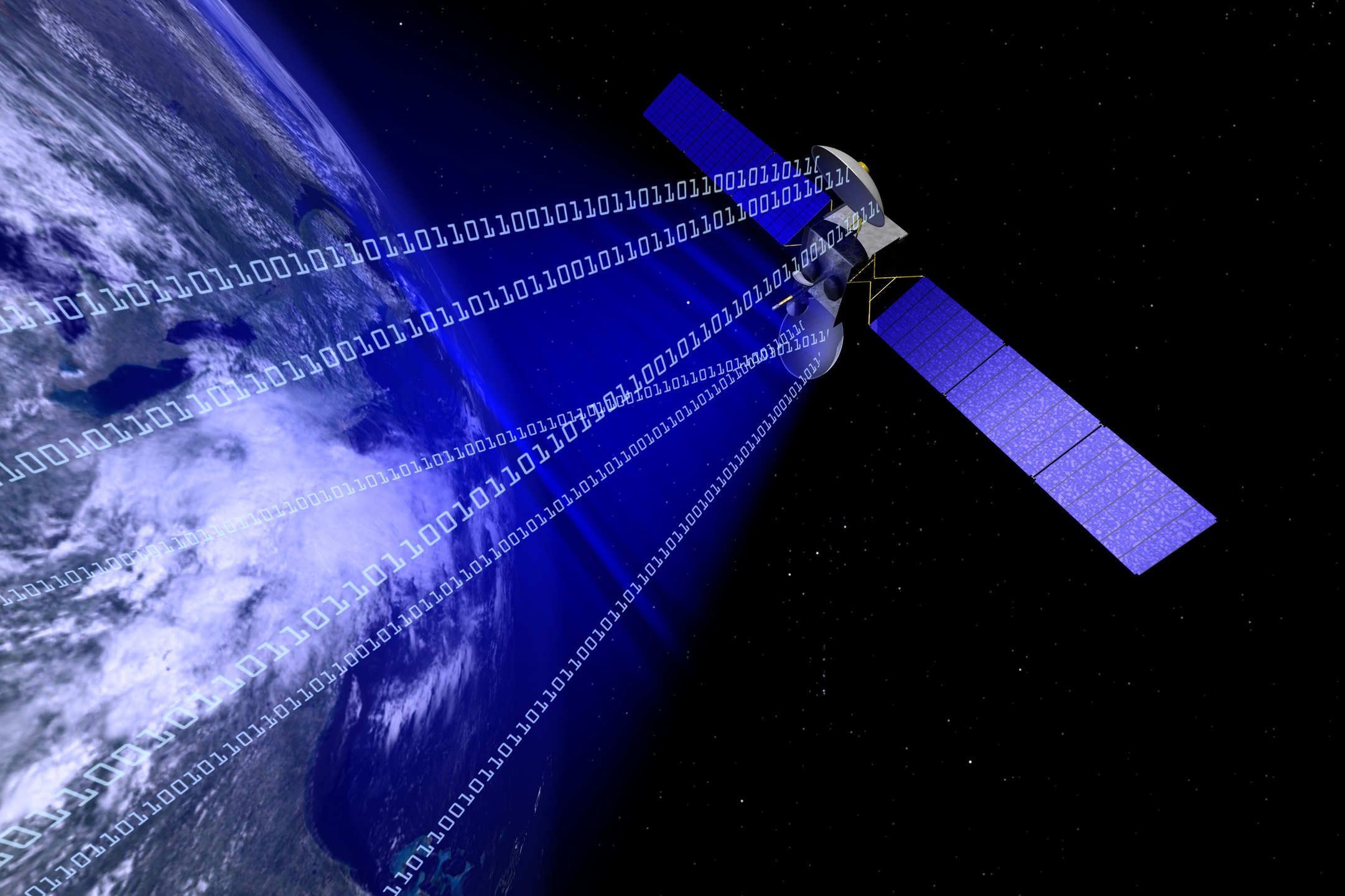Criminals could exploit GPS 'over-reliance'
Our over-reliance on satellites could have serious consequences for both the economy and human life, the Royal Academy of Engineering warns.


Sign up today and you will receive a free copy of our Future Focus 2025 report - the leading guidance on AI, cybersecurity and other IT challenges as per 700+ senior executives
You are now subscribed
Your newsletter sign-up was successful
The world's reliance on satellites, in particular for navigation, could be exploited by criminals to cause widespread damage, a report has warned.
The Royal Academy of Engineering claims Global navigation satellite systems (GNSS) are open to both deliberate and accidental interference.
The European Commission recently estimated 800 billion (689 billion) of Europe's economy relies on GNSS systems to work.
The Royal Academy report looked at the possible consequences of false data transmission from satellites, including potential deaths as a result of interruptions to emergency services communications.
"GPS and other GNSS are so useful and so cheap to build into equipment that we have become almost blindly reliant on the data they give us," said Dr Martyn Thomas, chairman of the academy's GNSS working group.
"A significant failure of GPS could cause lots of services to fail at the same time, including many that are thought to be completely independent of each other. The use of non-GNSS back ups is important across all critical uses of GNSS."
The Royal Academy recommended critical services featured GNSS vulnerabilities in their risk register.
Sign up today and you will receive a free copy of our Future Focus 2025 report - the leading guidance on AI, cybersecurity and other IT challenges as per 700+ senior executives
The much-delayed Galileo project, seen by many as a competitor to the US-run GPS, will offer enhanced resilience, but many vulnerabilities highlighted in the report will still be applicable, the Royal Academy of Engineering said.
"No-one has a complete picture of the many ways in which we have become dependent on weak signals 12,000 miles above us," Dr Thomas added.
The report also warned of solar flares, something that has previously been highlighted as a potentially serious problem by both NASA and the UK Government.
It also suggested a policy loophole which cloud allow people to own jamming devices, which could in turn enable criminals or terrorists to manipulate satellite communications.
Businesses unprepared?
Businesses can now be hit by a range of criminal attacks over the airwaves and across the internet.
However, firms are not taking the threat of cyber espionage seriously, leaving them more vulnerable to threats, according to a report by Ovum.
The analyst firm advised organisations to carry out a risk analysis on mobile devices and removable media.
"The threat of cyber espionage must be addressed by enterprises as it is as relevant to them as it is to national security organisations," said Graham Titterington, author of the report and Ovum principal analyst.
"Many have overlooked cyber espionage in their preoccupation with preventing the theft of financial data. This needs to change, and enterprises need to wake up to the danger posed or risk losing valuable information and having to deal with the consequence."
Tom Brewster is currently an associate editor at Forbes and an award-winning journalist who covers cyber security, surveillance, and privacy. Starting his career at ITPro as a staff writer and working up to a senior staff writer role, Tom has been covering the tech industry for more than ten years and is considered one of the leading journalists in his specialism.
He is a proud alum of the University of Sheffield where he secured an undergraduate degree in English Literature before undertaking a certification from General Assembly in web development.
-
 AWS CEO Matt Garman isn’t convinced AI spells the end of the software industry
AWS CEO Matt Garman isn’t convinced AI spells the end of the software industryNews Software stocks have taken a beating in recent weeks, but AWS CEO Matt Garman has joined Nvidia's Jensen Huang and Databricks CEO Ali Ghodsi in pouring cold water on the AI-fueled hysteria.
-
 Deepfake business risks are growing
Deepfake business risks are growingIn-depth As the risk of being targeted by deepfakes increases, what should businesses be looking out for?
